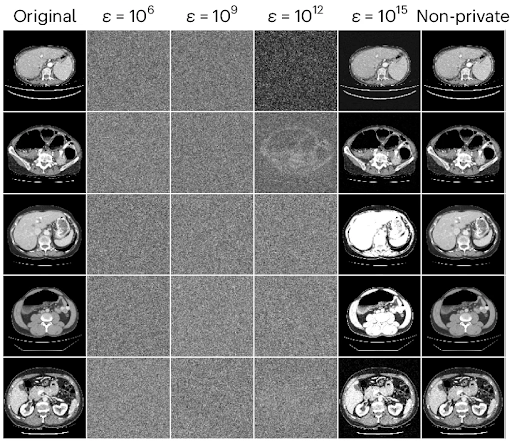After securing $200 million in funding last year, home-based primary care company HarmonyCares set its sights on expanding its footprint while investing heavily in its technology infrastructure.
HarmonyCares is taking a partnership-first approach to entering new markets, according to Will Robinson, senior vice president of accountable care at HarmonyCares. The company’s home-based care offerings make it particularly attractive to Accountable Care Organizations (ACO) and other payers, he said.
“From a strategy perspective, how we think about expansion is, largely, through the lens of having a partner to expand with,” he told Home Health Care News. “That could be with a Medicare Advantage plan, or where there’s a grounding partner that we can enter into a value-based relationship from an ACO perspective. That’s how we think about the growth for new markets.”
Based in Troy, Michigan, HarmonyCares is a home-based primary care provider. The company delivers services to individuals with complex health needs, and its model includes home health, hospice, palliative care, radiology and laboratory services.
Currently, HarmonyCares is in 40 markets and 17 states. The company achieved its size by continually building its presence within its existing geographic footprint and identifying new markets that will help propel the organization forward, Robinson said.
Aside from fueling the company’s growth efforts, raising $200 million also allowed HarmonyCares to earmark funds to develop new technology to help drive clinical outcomes and patient satisfaction, as a part of their goal to scale.
To that end, HarmonyCares is transitioning to an electronic health record (EHR).
“It’s a lot of work, but I think it’s really fundamental for our future success,” Robinson said. “One of the things we wanted to raise the money for was that transition. The other thing [we wanted to raise money for] is our custom version of Salesforce that we have launched. It integrates certain population health characteristics. We also have data vendor partners like Zus Health, which have been really helpful to ingest data related to hospitalizations, and other acute and post-acute events.”
Robinson noted that HarmonyCares’ tech stack, and EHR in particular, is especially important for a disaggregated business.
“We don’t have brick and mortar practices, so making sure that we have an EHR technology solution that works in the field is really critical,” he said.
Home-based primary care accelerates complex clinical care
Last week, HarmonyCares announced a partnership with the newly formed Complex Care Alliance, a cohort of accountable care organizations (ACOs) focused on the expansion of high-needs care models.
Previously, the company made waves for its performance in the ACO Realizing Equity, Access, and Community Health (REACH) program. In 2023, HarmonyCares’ participation in the initiative resulted in a net savings rate of 23%, marking the second-best cost saver involved in the model.
Offering home-based primary care is an advantage when working with ACO and other payers, Robinson said.
“There’s a growing body of evidence that shows, particularly, for really complex patients, you have to meet them where they are, and that means some form of home-based capability,” he said. “The highest [Medicare Shared Savings Program and ACO REACH] performers tend to have a focus on these really complex populations, and some interventions or care models that are about meeting patients where they are. The advantage is, we can be significantly closer to the patient, and the things that are impacting their life and actually make changes.”
Ultimately, Robinson believes that HarmonyCares has been able to thrive because of its strong understanding of its patient population, contract performance levers, as well as the company’s ability to manage both a fee-for-service and risk portfolio simultaneously.
“I think we do a great job on all of those things, to be honest,” he said. “We are fully committed, and have organizational alignment around our risk strategy and the way we are taking accountability for total cost of care. We understand the performance contracts and work really closely with [Centers for Medicare & Medicaid Services] to understand what the ACO programs are, but also with the MA plans that we work with on a risk basis to make sure we’re forming relationships that work for both the plan, for us and the patient.”
The post How Home-Based Primary Care Provider HarmonyCares Is Leveraging Its $200M Raise appeared first on Home Health Care News.











